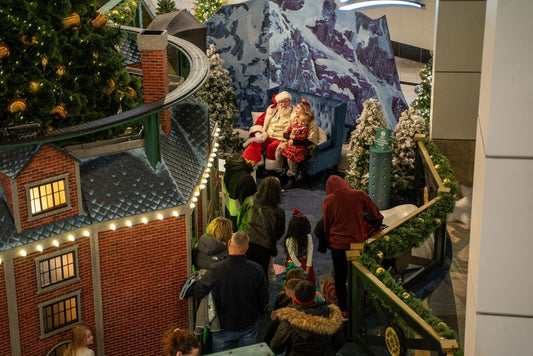On a recent Saturday in the newly reopened Beinecke Library, Brava! Women Make American Theater was finally getting its time in the spotlight. Directed by curator Melissa Barton, the exhibition presents “scenes” of women’s contributions to US theater from 1787 to 2007, “highlight
Brava! is cleverly arranged so viewers can begin anywhere. With people crowded around the lower-level display cases, I started upstairs where the vibrant colors of Irene Sharaff’s lively sketches immediately caught my eye. Sharaff, “a costume designer for over 60 stage productions and 29 films”—including An American in Paris, The King and I and West Side Story—was known for her depth of research, character-defining designs, sumptuous use of color and attention to detail (down to specifying the size of polka dots). While noting the ethnic stereotyping sometimes present in her designs, the exhibition gives viewers a glimpse into her creative process via the red, pink and orange paints she preferred, the fabric swatches that inspired her and the sketches she rendered with meticulous notes and measurements. It also displays the five Academy Awards she won.
sponsored by
The question of who is acknowledged and why underlies many of the “jewel box” displays on this level. Accomplishments I’d never heard of such as “toe-posing” (“a backbend on one toe” developed by Vera Wilson in 1923) were documented in hand-written letters by their creators. Due to “widespread complaints of piracy among vaudeville performers,” the entertainment trade publication Variety maintained a Protected Materials Department from 1916 to 1925 where performers sent signed descriptions of their acts in envelopes, which would only be opened “if a complaint was received.” When Beinecke acquired the collection in 2018, most of the envelopes were sealed.
Unlike fully realized ideas recorded for artistic protection, the notebooks and drafts of Sarah Ruhl, a contemporary playwright, look like snapshots of a mind at work. The pages are full of little chunks of text—sometimes adorned with stick figures, stars, question marks—separated and connected by lines, arrows, circles. The joy and mystery of the creative process leapt off the pages.
Nearby, something else leapt out: a 1959 letter to the team producing A Raisin in the Sun, which had not yet opened, in which the playwright, Lorraine Hansberry, wrote, “I am not deeply fond of this play but I must say that I think it is getting a worthy production.”
By now, I was struck by how differently the people around me were taking in Brava!—some methodically going from case to case, others casually perusing before intensely focusing on an item or display case and engaging in lively conversation with friends. You could say we were each choosing scenes and creating our own show. Other favorite “scenes” for me included photos of actresses costumed for male “breech roles”; A Half Century of Legs, a survey of when and how women displayed their legs on stage; a scrapbook created by Stella Wiley vibrantly documenting her cakewalk performances; and a photo of “superstar” actress and fellow cakewalker Aida Overton Walker.
With Brava! Women Make American Theater running until July 3, you have time to put together your own favorite scenes, while inwardly giving these historic women a standing ovation.
Brava! Women Make American Theater
Beinecke Rare Book & Manuscript Library – 121 Wall St, New Haven (map)
Public hours: Sat-Sun noon-4pm (with a possible expansion in mid-April) through July 3, 2022
Yale-only hours: Mon-Tues 9am-4:30pm, Wed 10am-4:30pm, Thurs-Fri 9am-4:30pm
(203) 432-2977
www.beinecke.library.yale.edu/brava
Written and photographed by Heather Jessen.








